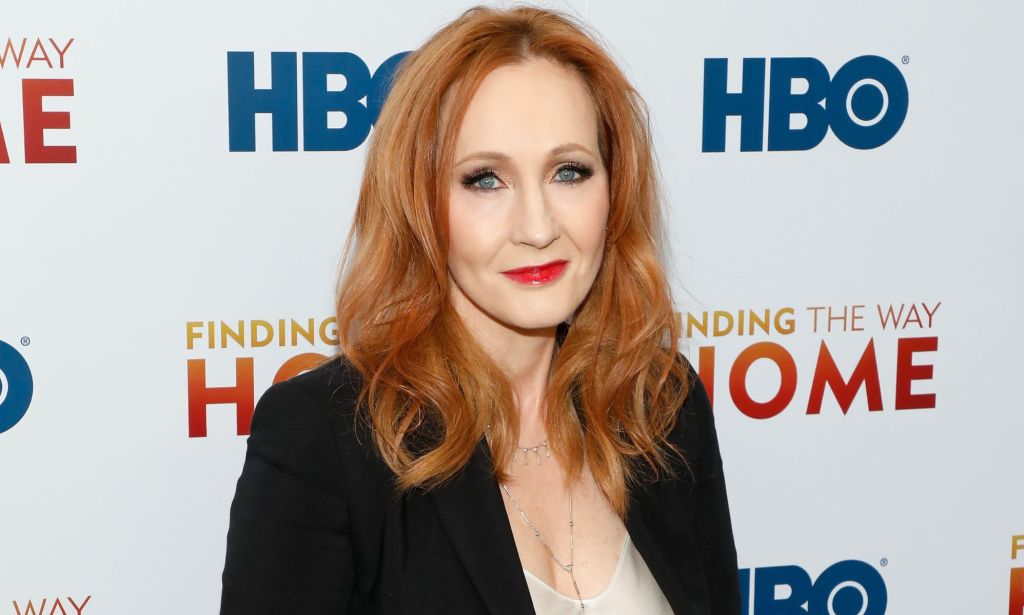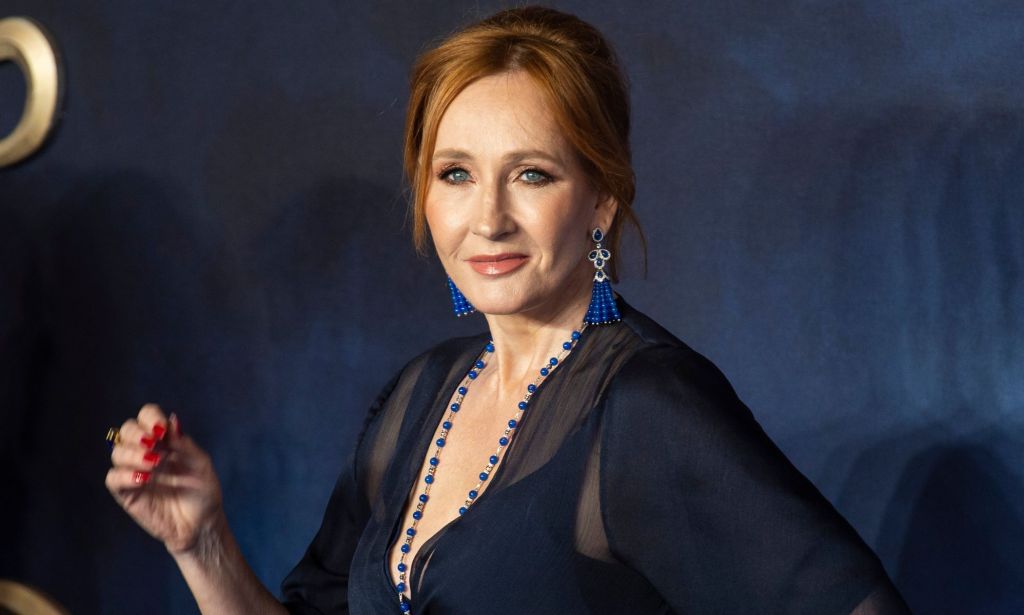JK Rowling explains why she speaks about trans rights: ‘People begged me not to’

JK Rowling claims she felt a ‘moral obligation’ to speak about trans issues (Stuart C. Wilson/Getty Images)
In the latest episode of the Witch Trials of JK Rowling podcast, the Harry Potter author claimed she felt a “moral obligation” to express her views on trans issues.
In the fourth episode of the series, released on Tuesday (7 March), Rowling said she felt compelled to weigh in on the issue of trans rights, despite people in her life begging her not to.
Speaking to the podcast’s host, former Westboro Baptist Church member Megan Phelps-Roper, Rowling explained that she first became interested in trans rights because of “male violence” and a desire to preserve single-sex spaces.
“Have you thought through what this could mean for women and girls?” Rowling said, when talking about how introducing self-identification for trans people could impact single-sex spaces.

She added: “All men aren’t predators, I know that. I have good men in my life, who are among my favourite people. But I am also aware that 98 to 99 per cent of sexual offences are caused by those born with penises. The problem is male violence.
“All a predator wants is access, and to open the doors of changing rooms or… domestic violence centres, to open the doors to any male who says: ‘I’m a woman and I have the right to be here.’ It will constitute a risk to women and girls.”
JK Rowling says she sympathises with trans youth
Trans young people were a central talking point of the episode, with both JK Rowling and Megan Phelps-Roper speaking about gender dysphoria and gender-affirming care for teenagers, as a slew of hard-line bans on trans healthcare have hit America.
Rowling explained that she grew up in a “misogynistic household” and felt discomfort with her body and her femininity as a young person.
“Like all young girls, I grew up with certain standards of beauty and ideals of femininity,” the author said.
“I didn’t feel particularly feminine. I certainly didn’t feel that I looked the way I was supposed to look. I looked very androgynous at 11 and 12. I had short hair and I can certainly remember, in adolescence, feeling… very anxious about my changing body.
“I questioned my sexuality… I grew up to be a straight woman, but I’ve never forgotten that feeling of anxiety around my body.”
Rowling added that she believes teens are too young to transition, adding that at 14-years-old she didn’t want children, and was too young to understand the concept of fertility, whereas now her children are an “unmatched joy”.
She continued: “I have a real feeling for people who feel they don’t fit… I can understand that feeling. Gender dysphoria exists. It causes massive distress. I know it’s real. And I know there will be, I believe, a minority of people for whom this [transitioning] will be a solution.
“But in the numbers we’re currently seeing, particularly of young people coming forward, I find cause for doubt and cause for concern.”

Closing out the fourth episode, Rowling said: “I was watching women being shut down… I really was starting to feel this moral obligation. I actually wanted to join the conversation and speak up earlier than I did… but there were people close to me who were begging me not to do it – I think out of concern of what that would mean, they’d watched what had happened to other public figures. There was certainly a feeling of, ‘This is not a wise thing to do.’
“Whatever happens, if everyone decides, ‘You are an evil witch, we will never buy your books again,’ I can feed my family. We all know I’m fine. My world doesn’t crash, my kids don’t go hungry.
“I did reach a point where I thought I can’t keep living with myself if I don’t say something.”
The Witch Trials of JK Rowling is billed as an audio documentary examining “some of the most contentious conflicts of our time through the life and career” of JK Rowling.
As well as the author, Phelps-Roper spoke to trans YouTuber Natalie Wynn, known as ContraPoints, who now states that she regrets appearing on the podcast.
Wynn has said she felt “used” after the interview, and said agreeing to chat with Phelps-Roper was “a serious lapse in judgment” after she was grilled about her own transition for a “pretty miserable three hours”.
In a previous episode, Rowling said she’d been subjected to “threats” due to her views on trans issues, but that she hadn’t been “silenced”.

